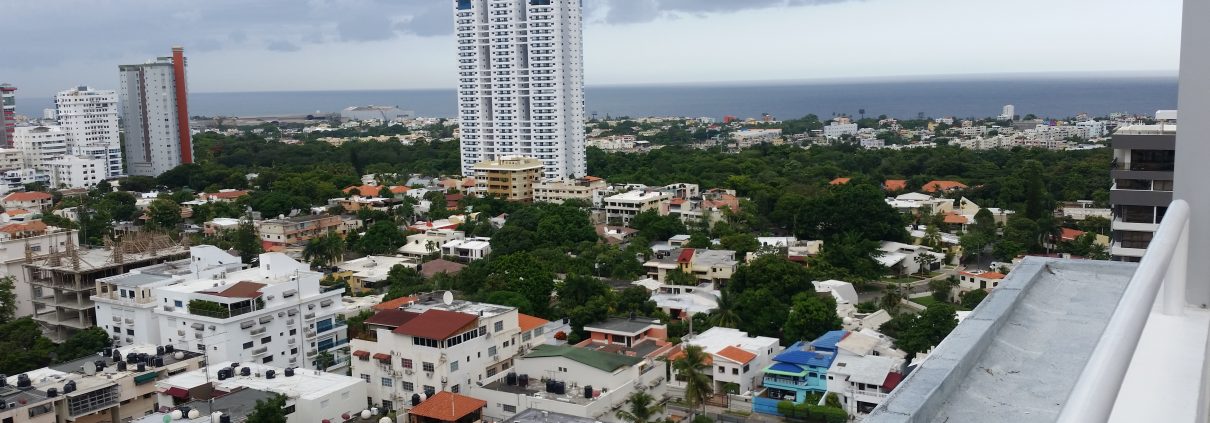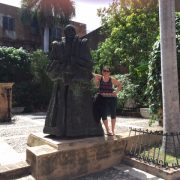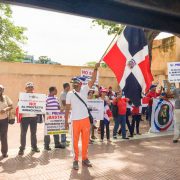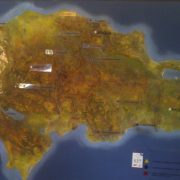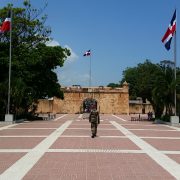Dominican Republic: More than Just a Tourist Attraction
By Diego De La Peza, MPP ’17
It has been a month since I arrived to Santo Domingo, and although I have become accustomed to my daily routine, every day I find myself being amazed by a new aspect of the city. I found through my daily 20-minute walk that walking is not the norm. Public transportation is abundant in the city, but much different than what comes to mind when you think of public transportation. Most people move in “carros publicos” or public cars. They are similar to taxis, except they pick up anyone waiting on a sidewalk, cram the vehicle to more than maximum capacity, and usually have a set route. Trying to figure out which public cars to take has been an interesting challenge.
I have been interning at the Instituto de Sexualidad Humana, a sexual and family health clinic at the Universidad Autonoma de Santo Domingo which focuses on educating the Dominican population on issues of sexual health by providing sexual therapy, family therapy and planning, gynecology, and urology. My project has been conducting quantitative research on victims of sexual abuse and analyzing patterns of services solicited, common diagnostics, and social behaviors of these patients. I will combine my findings of the analysis with norms set by the ministry of public health to revise a guide and make recommendations on how primary health doctors should respond when a sexual abuse victim seeks medical attention after an episode.
Working on this project in a country whose sexual health beliefs are highly influenced by patriarchy and religion has been an eye opening experience. Every day, I walk to my internship with two other female interns from New York who have told me on numerous occasions about the amount of cat-calling they receive when I do not accompany them. On one occasion, one of the girls crossed the street before I did and in the minute it took me to wait for traffic to stop, she received three cat-calls. I found it unbelievable the difference that being with a male figure has when walking the streets of the city. Through my research, I have also learned about the men’s perspective on women sexuality and I cannot help but think about all the work that needs to be done in order to break down these barriers that are blocking the country from reducing such high levels of sexual violence. With more than 30% of patients at the institute reporting having been victims of sexual assault at some point in their life, sexual violence seems to be accepted as a common phenomenon in Dominican culture.
The Instituto de Sexualidad Humana has been working hard for the last 30 years to redefine sexuality and bring awareness to issues of sexual health. One of their missions is to remove the barriers that have halted the progress of sexual health. They offer a Master’s in Sexual Health and Family Therapy to educate more men and women about these issues. They have made significant progress and have been working close with the Ministry of Health to bring changes to the Dominican community.
The weight of the issues I have been working on has not dampened my overall experience. The country has not stopped amazing me with its rich culture, beautiful scenery, delicious food, and the development that is present in some sectors of the city. My work environment serves a constant reminder that there are people working hard to improve the issues of the country, advocating for policy changes and better government interventions. This week I had the pleasure to meet Dr. Cushman, a Professor at the Mailman School of Public Health at Columbia University who asked me “would you do this all over again?”, and without even processing the question I couldn’t help but answer, “In a heartbeat”.

